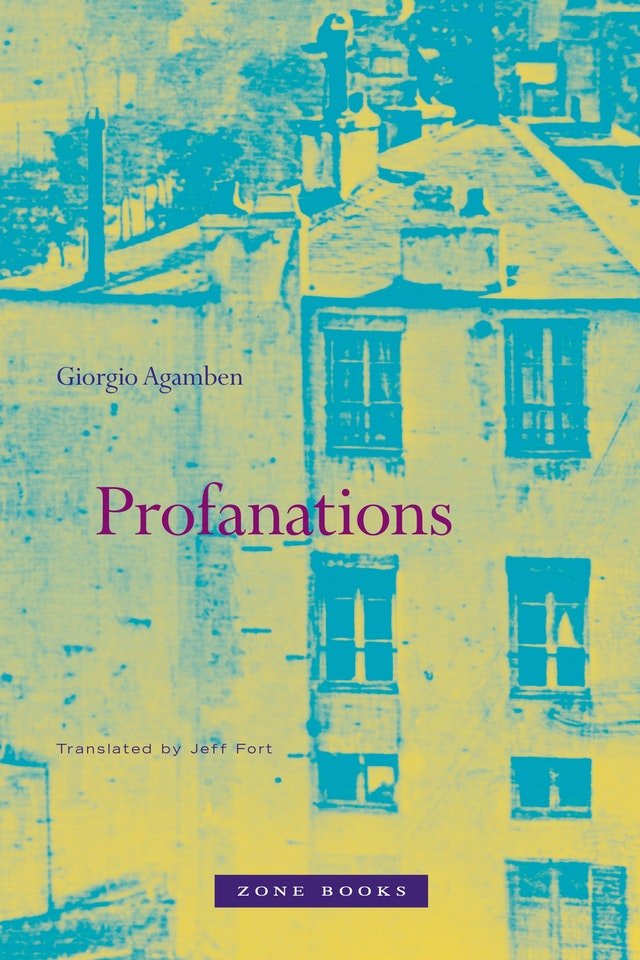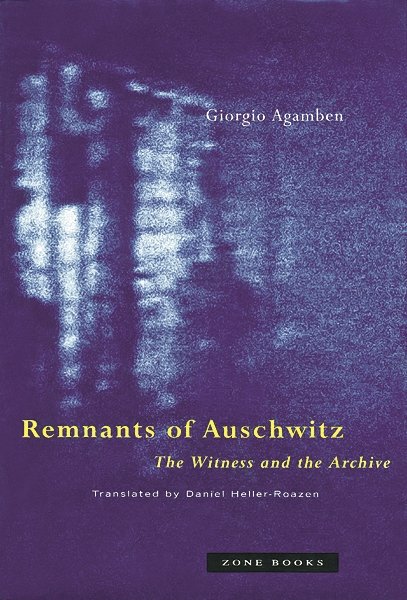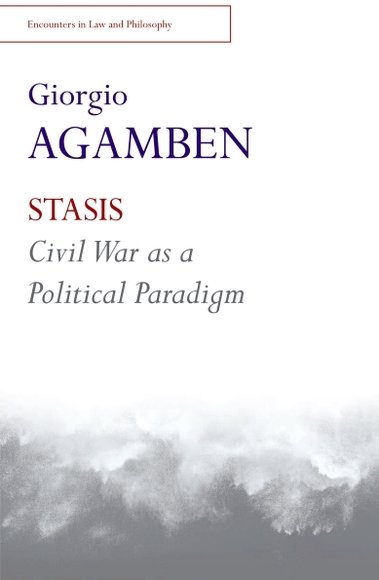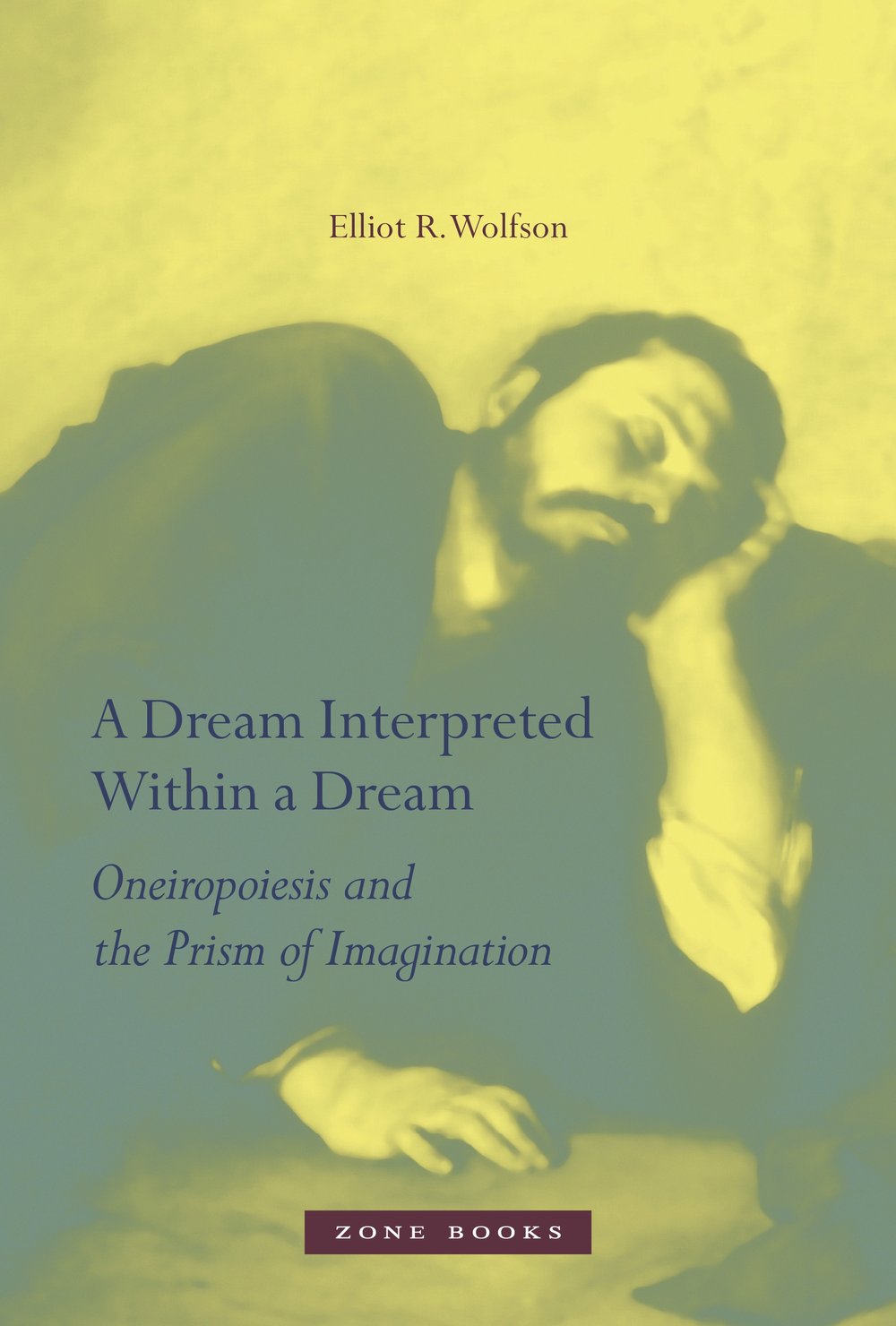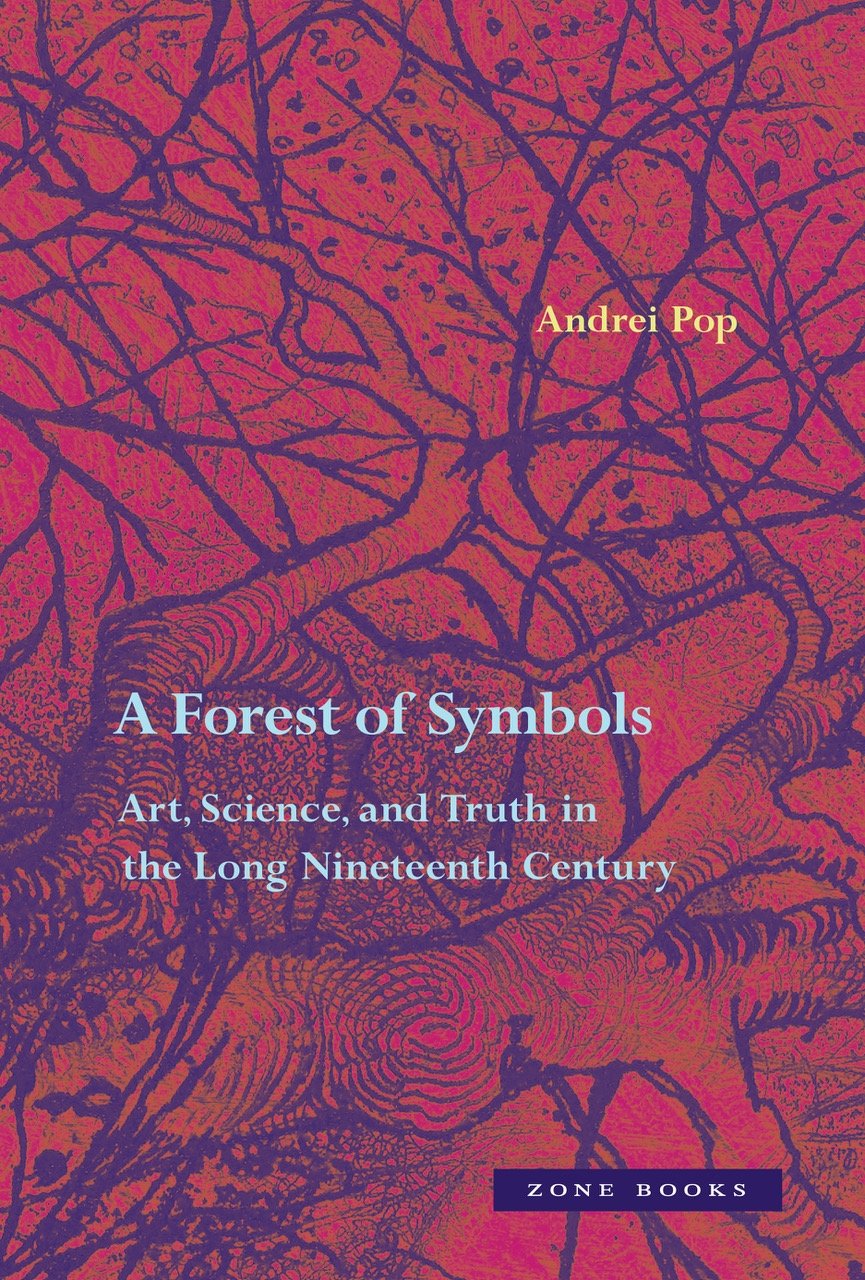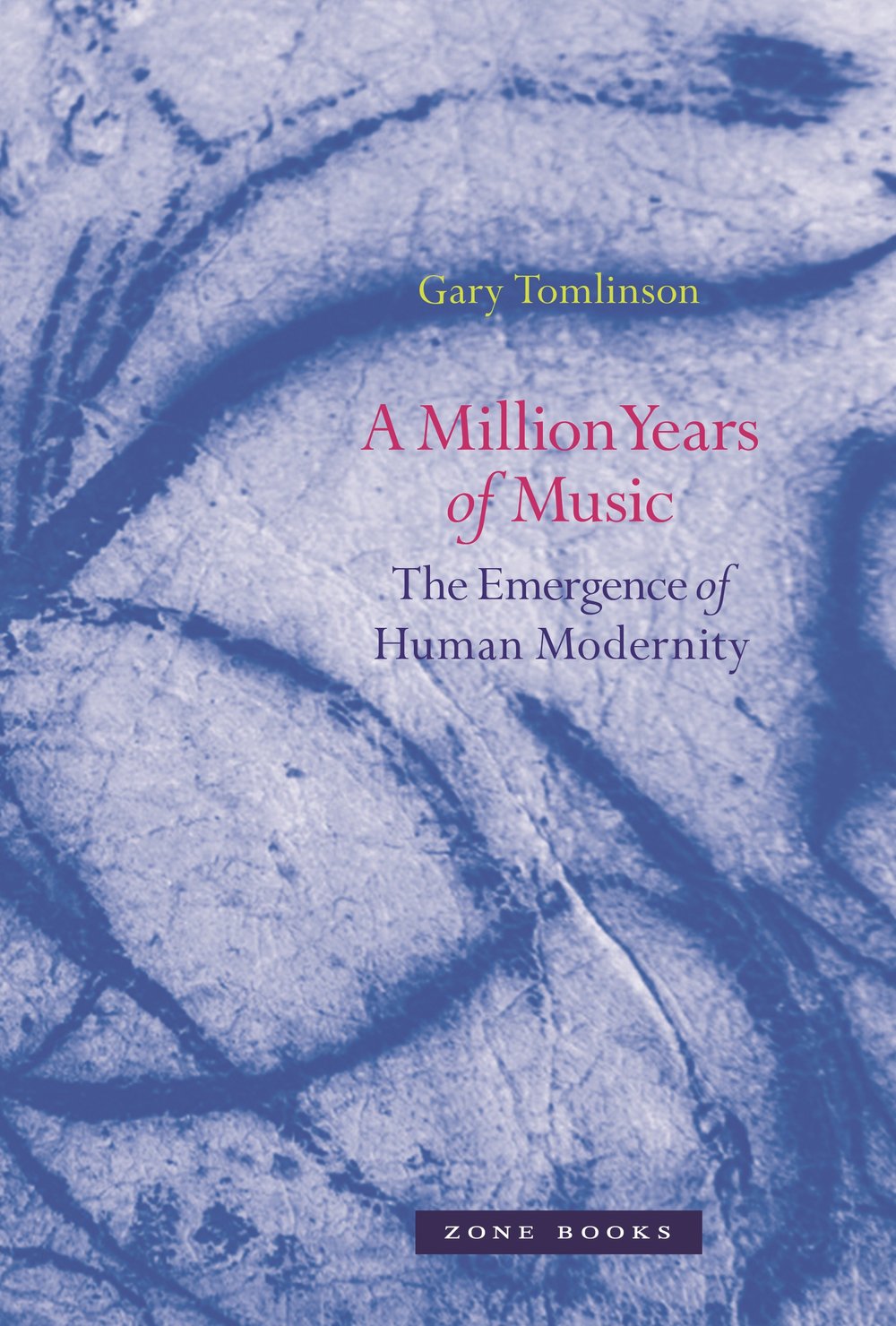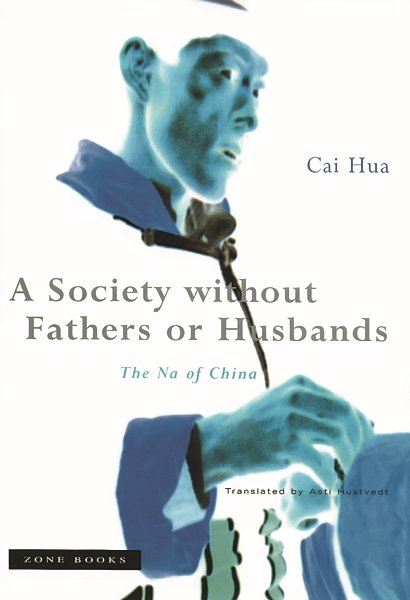The Signature of All Things
On Method
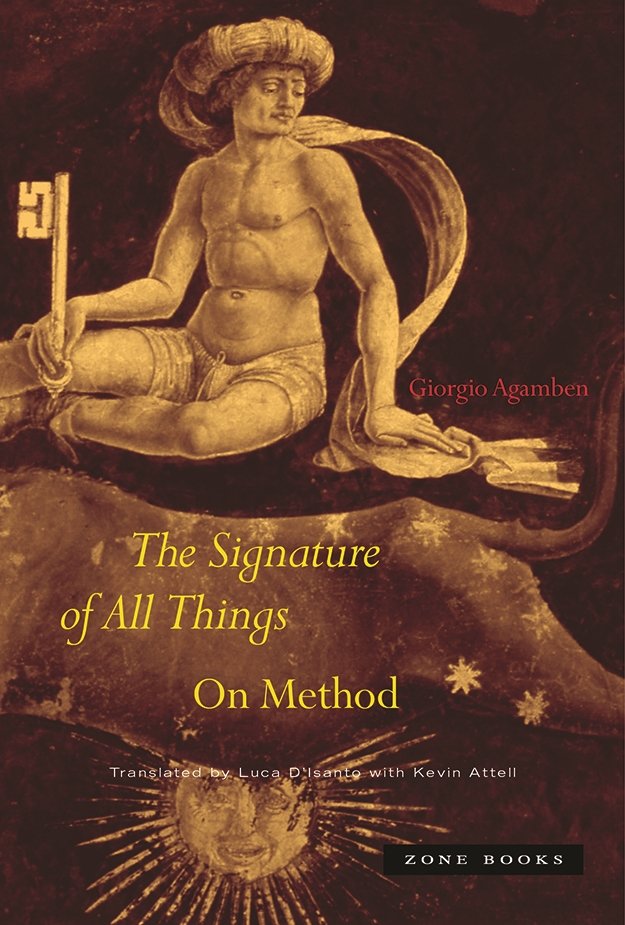
The search to create a science of signatures that exceeds the attempts of semiology and hermeneutics to determine pure and unmarked signs. The Signature of All Things is Giorgio Agamben's sustained reflection on method. To reflect on method implies for Agamben an archaeological vigilance: a persistent form of thinking in order to expose, examine, and elaborate what is obscure, unanalyzed, even unsaid, in an author's thought. To be archaeologically vigilant, then, is to return to, even invent, a method attuned to a "world supported by a thick weave of resemblances and sympathies, analogies and correspondences." Collecting a wide range of authors and topics in a slim but richly argued volume, Agamben enacts the search to create a science of signatures that exceeds the attempts of semiology and hermeneutics to determine the pure and unmarked signs that signify univocally, neutrally, and eternally. Three conceptual figures organize Agamben's argument and the advent of his new method: the paradigm, the signature, and archaeology. Each chapter is devoted to an investigation of one of these concepts and Agamben carefully constructs its genealogy transhistorically and from an interdisciplinary perspective. And at each moment of the text, Agamben pays tribute to Michel Foucault, whose methods he rethinks and effectively uses to reformulate the logic of the concepts he isolates. The Signature of All Things reveals once again why Agamben is one of the most innovative thinkers writing today.

Giorgio Agamben is professor of philosophy at the University of Venice. The author of many acclaimed works, his most recent in English include Profanations and Remnants of Auschwitz: The Witness and the Archive.


